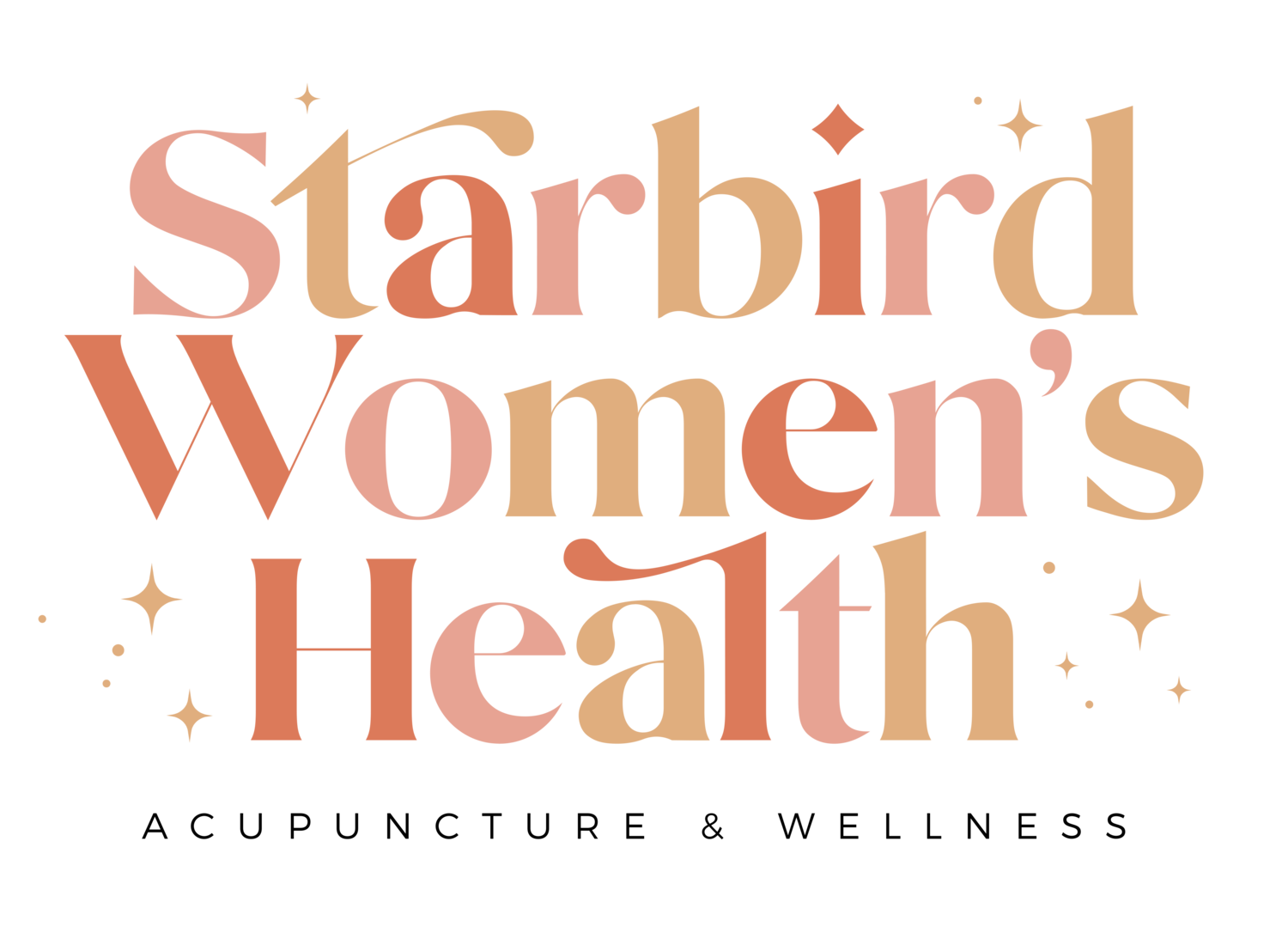The Importance of Mother's Diet, Breast Milk and Baby's Health
How
Does Mothers Diet Effect Baby’s Digestion?
Mothers diet has a
significant influence on the production of nutrient rich milk supply.
Traditional diets high in healthy fats are shown to increase milk fat enzymes.
Including lipase and alkaline phosphates- all required for healthy digestion
and proper assimilation of baby’s nutrients.
Various enzymes in
breast milk facilitate the absorption of fats and nutrients crucial for baby’s
health. To encourage the presence of optimal enzymes in milk, mom must have
healthy gut flora, as well as regular consumption of nutrients and most
importantly healthy fats!
Why does gut flora matter?
Our
gastrointestinal tracts require a wide variety of bacteria to function
properly. Many studies show specific bacteria in our gut are responsible for
nutrients absorption, reducing inflammation, etc. Just as we understand gut flora
to be a crucial component for our overall immune health, babies are no
different. Infancy and childhood are an important time to introduce new bacteria
(this is positive) and build gut flora. Moms antibodies, present in breast milk
work wonderfully in creating a strong immune system leaving baby’s body able to
respond to pathogenic bacteria. Mothers diet and baby’s diet will create
healthy flora, protect against digestive upset and build a strong immune
system.
How do I create healthy gut flora?
- Eat a whole foods diet, including veggies, fruits, organic grass fed meat, whole grains, bone broth soups, healthy fats including coconut fat, raw milk butter or mineral butter.
- Avoid antibiotics unless absolutely necessary.
- Encourage kiddos (and yourself) to play in the dirt and with animals!
- Eliminate processed food
- Skip the hourly hand wash (unless of course, you are exposed to a known pathogen. Strep, for example)
- Add fermented foods to encourage the growth of healthy bacteria, rather than a probiotic= yogurt, kimchi, sauerkraut, etc. Preferably use fermented foods with less sugar. If this isn’t an option take a high quality probiotic.
- In order to increase gut fermentation, necessary for a healthy upper and lower GI tract- increase fiber of all sorts. Including soluble (root veggies, nuts), insoluble (whole grains, avocados), resistant starch (bananas, oats, beans).
- Avoid or limit processed food as it is high in trans fat, chemical additives and overly processed grains and sugars. All of which negatively impact gut flora, cause inflammation, throw of ph and promote the presence candida, or yeast overgrowth.
Foods
to Avoid While Breastfeeding:
Mom’s milk offers
antibodies that promote a healthy immune system. Likewise, if mom’s diet is
high in allergens, inflammatory causing foods or medications, her milk will
pass these antigens, causing inflammation. Consuming processed foods that are
carb heavy and without nutrients will leave mom’s milk less nutritious. Studies
have shown that the regular consumption of trans fats both disrupts normal
enzymatic processes needed for nutrient absorption, and reduces the overall fat
content in mother’s milk.
It is best that
mom avoid substances that cause inflammation. Your baby will communicate with
you if you’re eating something she doesn’t agree with. Common symptoms will be
crying, colic, gas, irritability, etc. Of course you’ll need to distinguish if
baby is hungry or experiencing discomfort due to an allergen intake. Often
times keeping track of what you eat on a calendar if baby is commonly colicky
will help determine the offender. (If you have an older child that likes to
help out. Awesome task to have them write down what mommy is eating to help out
little baby sibling!)
Common foods mom’s finds necessary to avoid
include:
- Pasteurized dairy-as it is inflammatory and phlegm producing. It also causes a change in mom’s milk composition, often leading to health issues in baby (ear infections, digestive upset, etc.)
- Alcohol, caffeine, tobacco.
- Peanuts, eggs, soy and corn are the most common food allergens in general
- Chocolate (I know this is tragic, but I have met many women who had colicky babies after their consumption of any form of cacao.)
- Gluten- again, inflammatory producing in general.
- Some women find very individualized, specific food sensitivities like citrus, banana, soy, etc.
Remember, there is a difference in food allergies and food sensitivities. A food allergy test will likely not be helpful. Listing to our bodies, eliminating foods that we suspect are causing inflammation (gas, bloating, diarrhea, constipation, skin issues, emotional issues, etc. in mother or baby), will be most beneficial.
The key is being
aware and open to the possibility of foods effecting baby.
Feel free to email with questions. Katherinestarbird@gmail.com
Kat Starbird, M.Ac.O.M., L.Ac., birth doula
